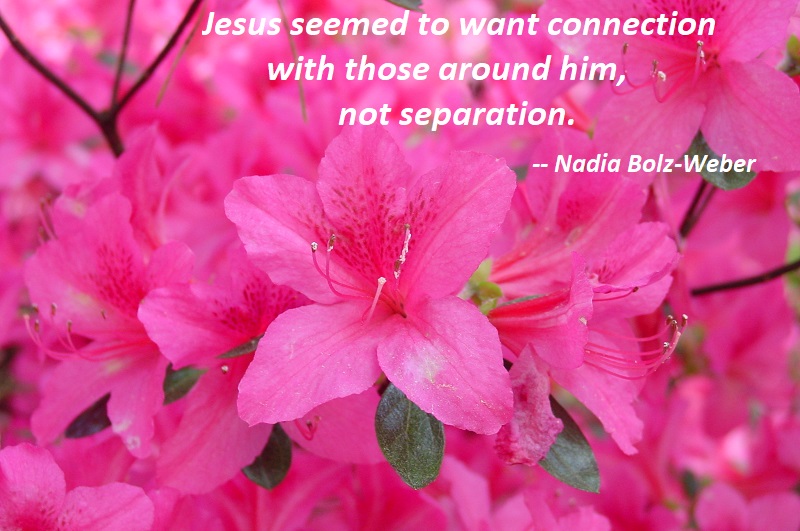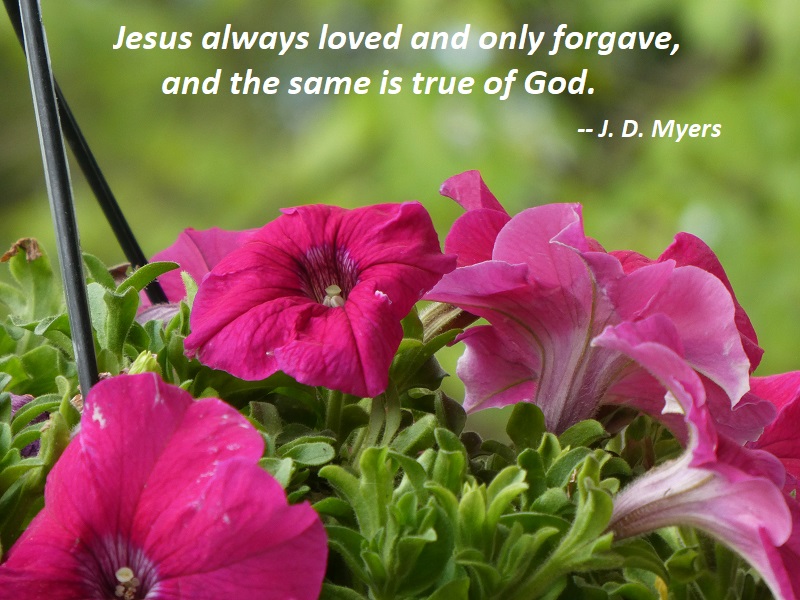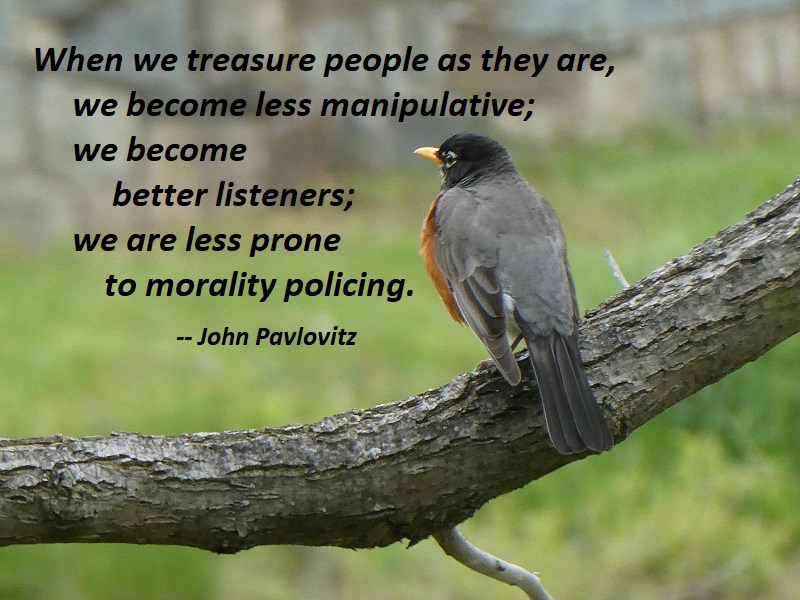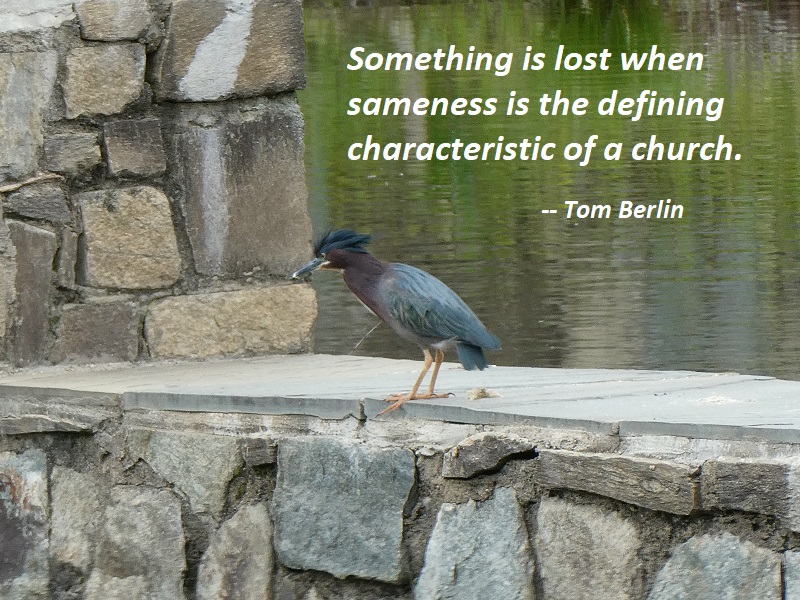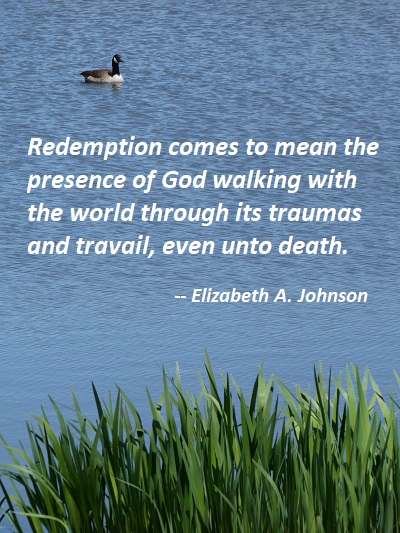The Scapegoated God
The fact that the lamb is slain since the foundation of the world reveals that this is the way God has always been. He has always been an innocent Lamb who allows Himself to get slain for the sake of others. He is the premier scapegoat of humanity, but as a perfectly innocent scapegoat, it is best to describe Him as a Lamb. As the scapegoated God, Jesus identifies with all scapegoated, sacrificial victims since the foundation of the world. When we kill others in God’s name, Jesus is right there, with the sacrificial victim, being killed alongside the one we condemn, accuse, cast out, expel, dehumanize, and kill, all in the name of God. Through this revelation, we once again see that we can no longer scapegoat others in God’s name, for God is not a God who blames, accuses, and condemns, but is a God who loves, forgives, and accepts. And He calls us to do the same.
— J. D. Myers, Nothing But the Blood of Jesus, p. 206-207
Photo: South Riding, Virginia, May 16, 2020

